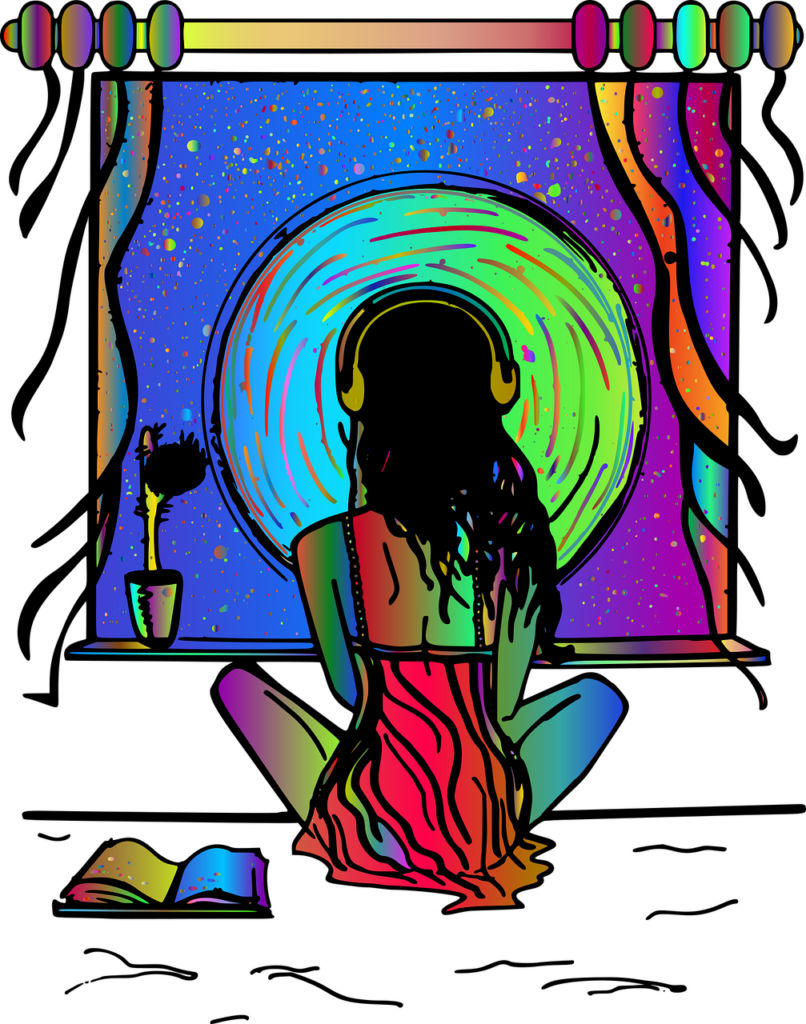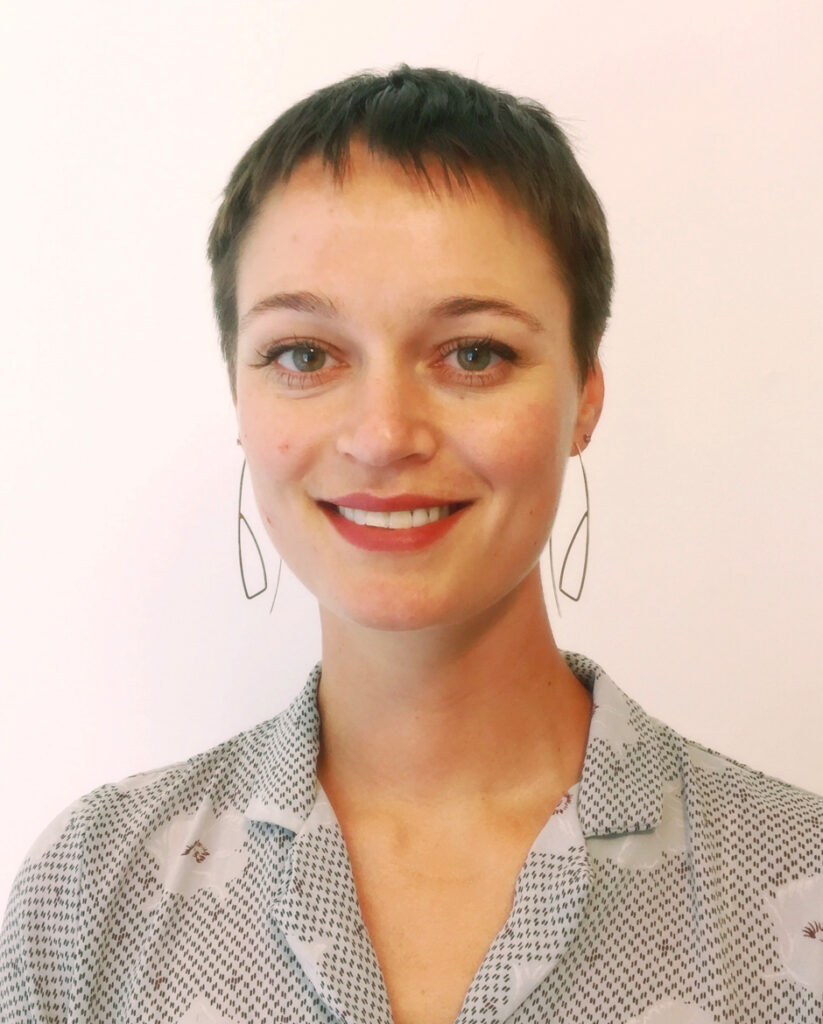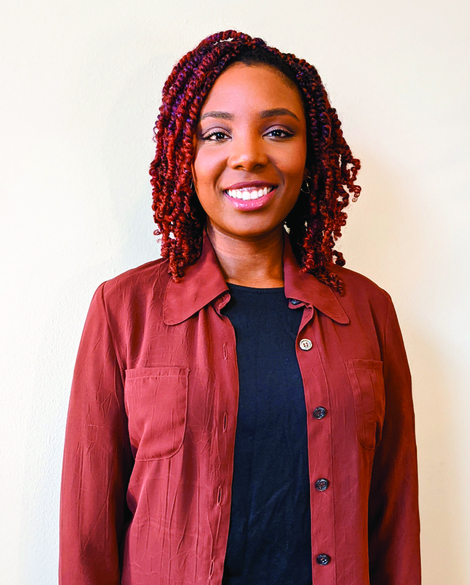
Imagine you’re standing on top of a ski hill, looking down at well-worn snow paths. These trenches in the snow are your depressive, anxious or ruminating thoughts. There may be days where you actively tell yourself that you’re going to go down the other side of the hill because you know the trenches are not how you want to feel. You may even decide to go down the other side but feel like there’s a gravitational pull bringing you back into the trenches that have been well-worn over months, years or even decades.
Robin Banister, a psychotherapist at Field Trip Health, uses this metaphor to explain how psychedelic assisted therapy works. Psychedelic assisted therapy can offer a fresh snowfall so that those grooves aren’t as intense anymore. The grooves are a metaphor for neural pathways in the brain. The more we think about a thought, the more well-worn that neural pathway becomes. This does not mean that psychedelics are a cure. They cannot create new pathways, which is why integrating therapy is essential.
Plant-based psychedelics such as psilocybin, peyote and ibogaine have been used for thousands of years in Indigenous cultures as a form of physical and psychological healing. This concept has been largely unaccepted in western society since the rise of the recreational use of psychedelics in the 1960s and its subsequent criminalization. Over the past few years, psychedelics have been researched for their benefits on a number of things, such as treatment-resistant depression and post-traumatic stress disorder (PTSD).
Dr. Anne Wagner is the founder of Remedy, a mental health innovation community, clinical practice and research facility in Toronto. A Ryerson alumna, Wagner is investigating a new way to treat PTSD, using the drug MDMA and cognitive behavioural conjoint therapy (CBCT).
She is leading an experimental study at Remedy in conjunction with Ryerson University and funded by the Multidisciplinary Association for Psychedelic Studies (MAPS) to treat PTSD with MDMA. The study has been approved by Health Canada.

MDMA, also known as ecstasy and molly, is a psychoactive drug primarily used for recreational purposes. In Canada, MDMA is illegal to sell, possess, or produce unless it is authorized for medical, scientific or industrial purposes.
PTSD is a chronic, often debilitating mental health disorder that may develop after a traumatic life event. Symptoms of PTSD include upsetting memories, the feeling that the world is unsafe, nightmares, feeling emotionally numb and a loss of trust in others.
“A major barrier of current treatment is that often doing the trauma processing is so distressing that people are unable or unwilling to do it,” said Hera Schlagintweit, a psychologist at Remedy.
“MDMA reduces fear, increases empathy and allows for improved bonding with other people, in this case, the client and therapist.”

The MDMA dosage in this study is not a microdose, it is intended to produce an effect. During the first session, participants receive an 80 milligram dose of MDMA initially and then an hour and a half into the session, they have the option to take a supplemental dose of 40 milligrams. In the second session, participants receive 120 milligrams at the beginning of the session and also have the option to take the supplemental dose.
“There are a number of expected effects associated with taking MDMA. Common things include increases in heart rate, body temperature and blood pressure as they may start to come on,” Schlagintweit said. “It’s also not totally uncommon for participants to get a little anxious as they start to experience the effects of the medication and experience the shift in perception that comes with it.”
The experimental study at Remedy is currently in Phase 2 and cannot disclose the findings of the research yet. Participants were recruited in November 2020 and Schlagintweit anticipates the study to continue for another year and a half.
According to a Phase 3 study of MDMA-assisted therapy for PTSD funded by MAPS, 88 per cent of participants with severe PTSD experienced a clinically significant reduction in the disorder two months after their third session. This is compared to 60 per cent of placebo participants. Consequently, 67 per cent of participants in the MDMA group compared to 32 per cent of participants in the placebo group no longer met the criteria for PTSD remission two months after the sessions.
According to MAPS, MDMA has been administered to approximately 1,700 human subjects with one serious adverse reaction.
Once participants are accepted into the study, they will meet with study therapists for six cognitive processing therapy (CPT) sessions and two full-day CPT+MDMA sessions over the course of a month and a half. Before they begin the study, midway through the trial and one, three and six months after treatment ends, participants will complete questionnaires and meet with qualified researchers who will ask questions about their symptoms.
Schlagintweit emphasizes the importance of continued, extensive research on the use of MDMA to treat PTSD as there are still many questions unanswered. “We’re starting to get an initial signal to suggest there’s great promise there, but we are by no means at a place where we can say with confidence that this is going to be effective and safe under these conditions,” Schlagintweit said.
Shadeene Herbert is a study assistant at Remedy. Herbert’s role is to help set up the space, get things ready and assist the study co-ordinator with anything they may need help with when participants come in for the treatment.

Herbert decided to join Remedy because of her first-hand experience with the limitations of therapeutic options in health care. Someone Herbert is very close with is diagnosed with antisocial and narcissistic personality disorders.
“It’s not like anxiety or depression where you can go see a health practitioner, get medication and figure out a dose that works. There’s no medication for it,” Herbert said. “It’s been hard to watch this person struggle and try to champion through it, but that was definitely something that made me want to reach out and see if there’s anything I could do.”
Field Trip Health is the first legal psychedelic psychotherapy centre in Toronto that is administering ketamine-assisted psychotherapy. This treatment is specifically for treatment-resistant depression and PTSD.
Ketamine is a fast-acting anesthetic commonly used in medical or veterinary surgery. The dosage given at Field Trip is significantly lower compared to its use for anesthesia. Clients are initially given 200 milligrams and work up in increments of 50 to 100 milligrams depending on their needs.
“I’d say for the average client, the first dose feels like they’ve had a few glasses of alcohol to drink, so they’re feeling a little bit loose, comfortable and relaxed,” Banister said. “Our defences are a bit lower, the critical voice, perhaps the volume is turned down.”
Banister emphasizes to her clients that ketamine is not a cure but a tool to be used along with other tools. A support system is crucial to improving long-term effects, whether it be a therapist, friends, family or spiritual adviser.
“It’s going to allow some relief from the more intense depressive episodes, so that you can access doing things that are good for you such as having a routine, meditation practice or even just being able to get up and shower.”

Field Trip Health offers a few different treatment programs, but generally the treatment is done over six weeks with four to six ketamine-assisted psychotherapy sessions and two to three stand-alone integration therapy sessions. In order to receive ketamine-assisted therapy at Field Trip Health, you must obtain a medical referral from your doctor or psychiatrist and it is not covered by the Ontario Health Insurance Plan (OHIP).
Research on the use of psychedelics to help treat mental illnesses is just at the tip of the iceberg. “I think there is a lot of potential with eating disorders, addiction and OCD, but we need more government support. We need insurance companies to get on board to help cover treatments because it is expensive,” Banister said. “We’re at the precipice of a new age.”
I'm a fourth-year journalism student at Ryerson University and have always had a passion for storytelling and giving underrepresented voices a chance to share their stories. I have many interests within journalism, including fashion journalism, photojournalism and podcasting. In my spare time, I love to go on bike rides.

